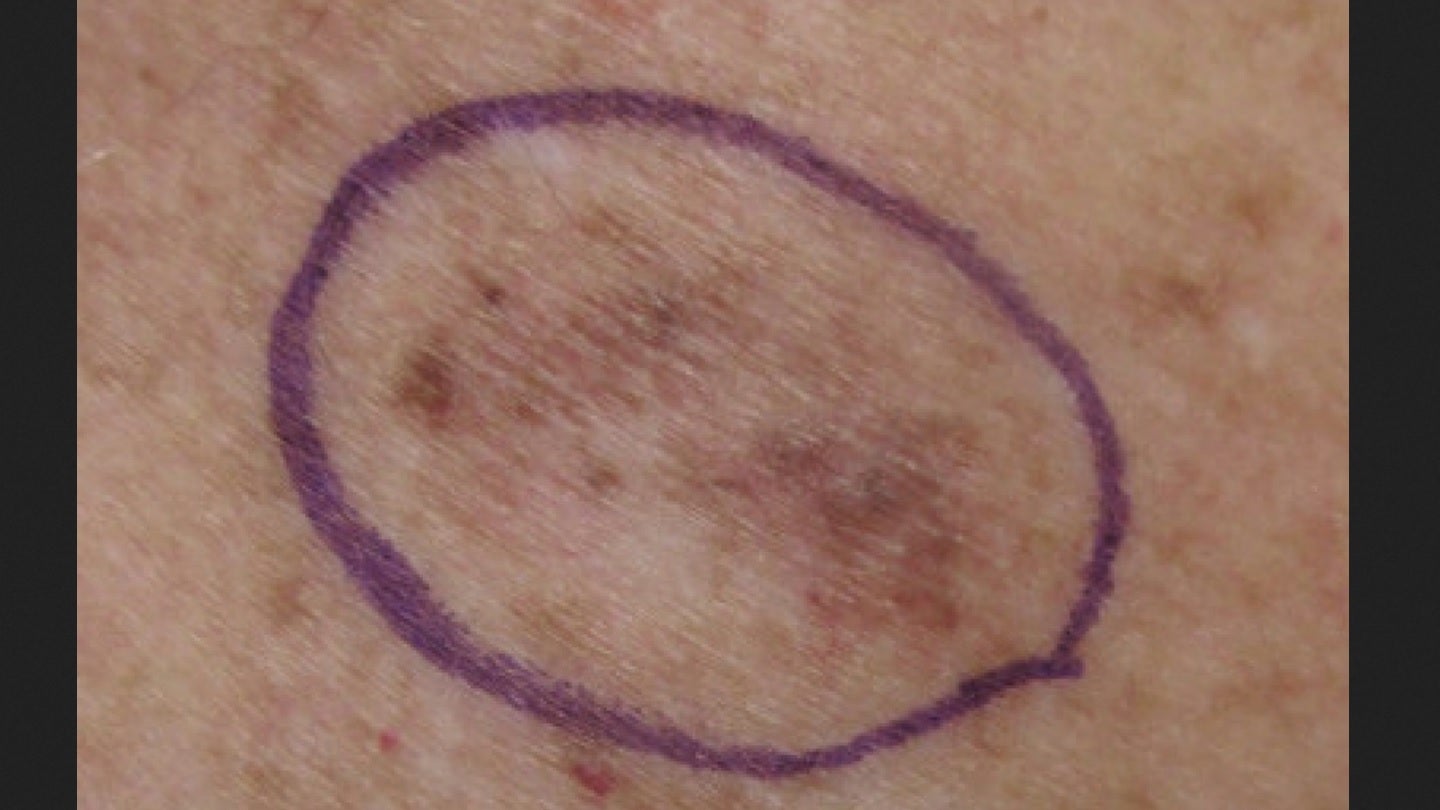STAT+: Pharmalittle: Weight loss drugs cost much more in the U.S.; PBMs win a key victory over an Oklahoma law
A U.S. appeals court struck down key parts of an Oklahoma law designed to regulate the retail networks created by pharmacy benefit managers.

And so, another working week will soon draw to a close. Not a moment too soon, yes? This is, you may recall, our treasured signal to daydream about weekend plans. Our agenda is rather modest. We plan to catch up on our reading, promenade with the official mascots, and have a listening party with Mrs. Pharmalot. The rotation will likely include this, this, this, and this. And what about you? There is still plenty of time to enjoy the great outdoors, so perhaps a ride in the country, a hike in the woods, or a stroll along city streets is in order. You could cool off in the local library or reach out to someone special. If none of this sounds appealing, you can always stay home and feel zen. Well, whatever you do, have a grand time. But be safe. Enjoy, and see you soon …
Weight loss and diabetes medications are priced much higher in the U.S. than in other countries, CNN says, citing an analysis from KFF. The analysis examined the price of a one-month supply of semaglutide, used in the diabetes drug Ozempic and the weight loss Wegovy, as well as the blood sugar drug tirzepatide, sold as Mounjaro to treat type 2 diabetes and used off-label for obesity. Wegovy topped the list, costing $1,349 in the U.S., four times the price in Germany. A one-month supply of Mounjaro in the U.S. sells for $1,023, more than three times the cost in Japan. Ozempic costs $936 in the U.S., but people in the U.K. and France can buy the drug for $93 and $83, respectively.
Boehringer Ingelheim plans to conduct three late-stage studies for its obesity drug candidate after it showed up to 19% weight loss after 46 weeks in a mid-stage trial, Reuters says. The company plans to start enrollments for the trial of the drug, survodutide, which it co-invented with Zealand Pharma, before the end of the year. The trials will evaluate safety and efficacy. Further details will be provided before the studies are started. Survodutide works by mimicking a gut hormone called glucagon-like peptide-1 (GLP-1), which suppresses appetite, as well as imitating another gut hormone called glucagon that helps break down fat. The companies are also testing in patients with NASH.
What's Your Reaction?

































